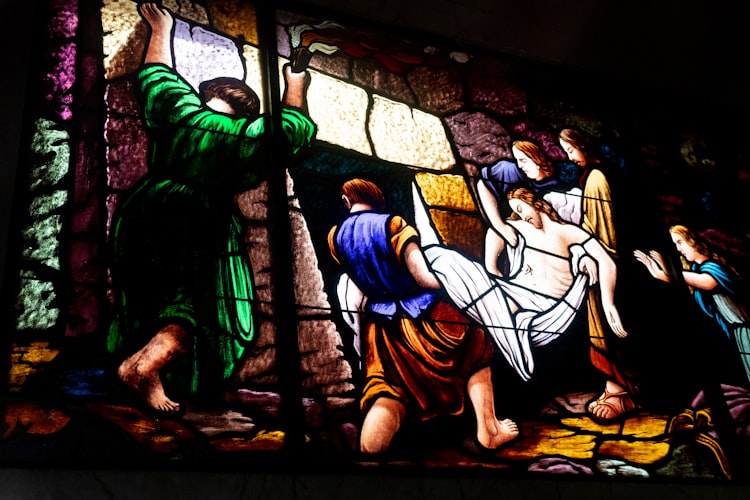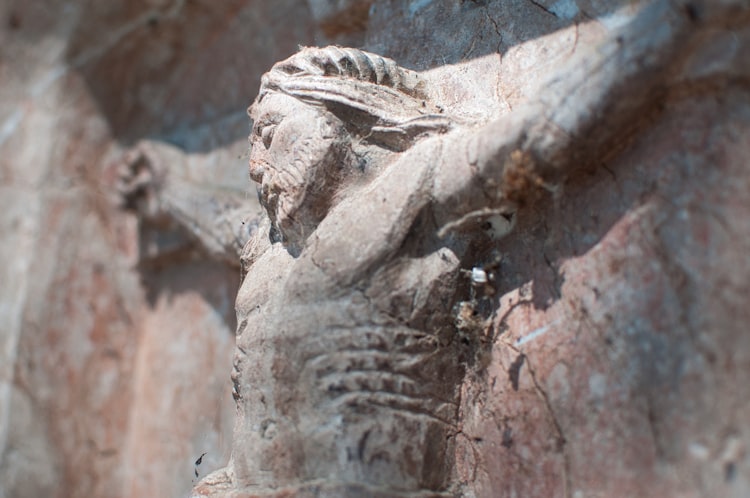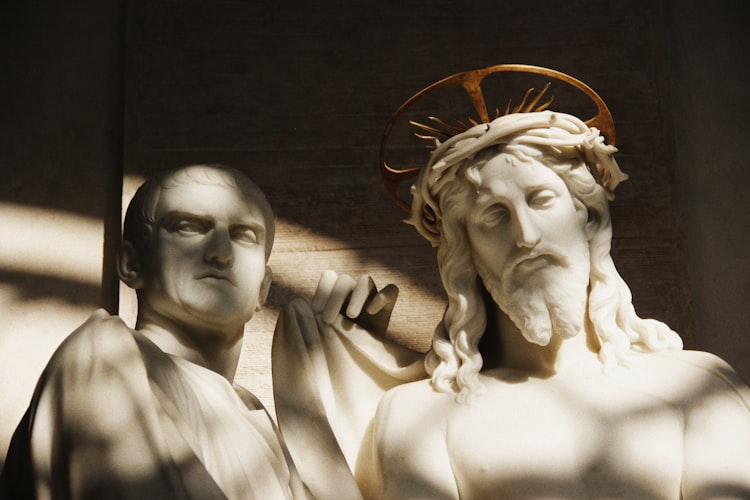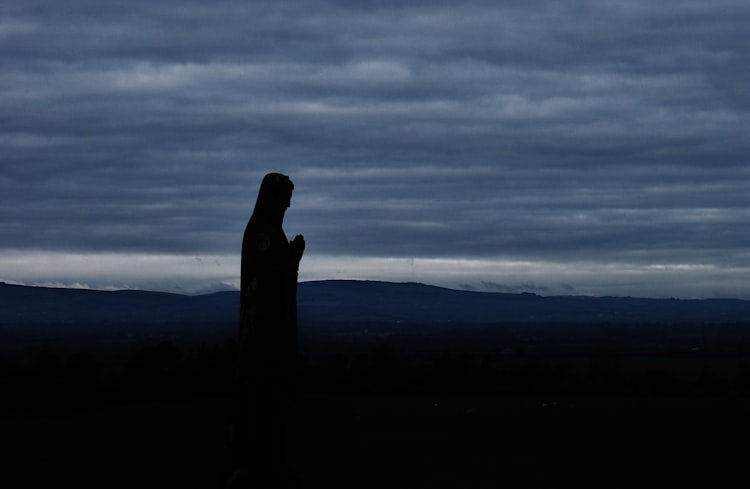Firm Foundation: Part 17

He Descended Into Hell; On the Third Day He Rose Again From the Dead
Before we dig into this portion of the Apostle's Creed, it needs to be noted that there is controversy among scholars and church leaders as to whether or not Jesus actually "descended into hell" during the days between His death and His resurrection. I believe that He did indeed descend into hell for the purpose of setting the captives free.
The Psalmist, in a prophetic voice, wrote Psalm 139:8 which might help us understand this position:
"If I make my bed in Sheol, you are there."
From beginning to end, the Bible viewed as an entire story leads us to understand that death is not the end and does not overrule or defeat God's promise. In other words, death is not separation from God. In Jesus, God has dwelt among the dead, experiencing the very limits of mankind's nature from birth to death, in order to sanctify us and unite us to God.
Because of mankind's sin, we cannot dwell in God's presence. Where God is, holiness is required. Sacred space where God dwells cannot be defiled by sin, uncleanness, or corruption. Therefore, God made a way for the Living, who is alive eternally, to embrace the dead by descending into the realm of the dead setting free those who chose to remain loyal to God during their lives. Death had to be and has been overcome by Life – the Life of the only one who was ever able to be victorious over the power of death.
Ben Myers, in his book, "The Apostles' Creed" goes on to explain:
Several New Testament authors describe Jesus' death as a descent into the world of the dead. "When he ascended on high he made captivity itself a captive," after having first "descended into the lower parts of the earth" (Eph 4:8-9). He "went and made a proclamation to the spirits in prison," and then went "into heaven and is at the right hand of God" (1 Peter 3:18-22).
Jesus broke the doors of hell and unhinged the chains and locks that had held the dead. The Son of God has taken our nature and the consequences of our sin to Himself as He descended to the very abyss of the human condition.
"Because He is the Son of God, He is able to fill death with His presence so that the grave becomes a source of life. In Christ, the dead are united to God and are alive in the strength of that union. The resurrection is not just an isolated miracle that happened to Jesus. It is something that happens to us– to Adam and Eve, to us, to the human family." (Ben Myers)
The good news is that death is no longer the ultimate power over this world. In Jesus' death and resurrection, death takes a different form. Athanasius says: "Now we no longer die as those condemned but as those who will arise."
As we face life's challenges and trials, we need to remember that by nature we are all on the way from birth to death – it's the human experience every living being has faced, is facing and will face. The good news is that the Christian life becomes a mystery as we look to Him for our salvation leading us from death to birth. When we believe in the grace of God through Jesus Christ, we are baptized into His death and born into the life of the resurrection. "We are born as though during; we die as those who are being born" (Myers).
Where, O death, is your victory?
Where, O death, is your sting? (1 Cor 15:55)






Member discussion